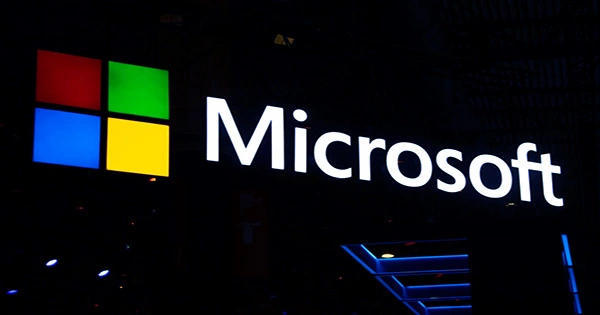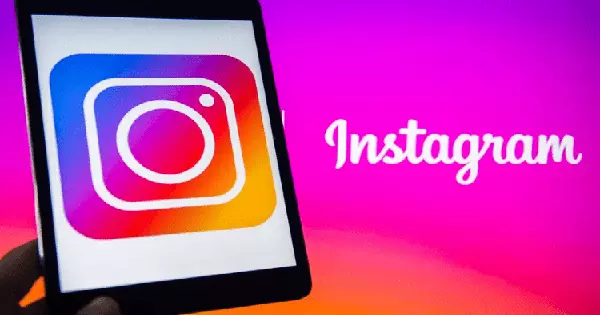Microsoft has informed customers that if they are sued for copyright infringement while utilizing the company’s AI Copilot services, the business will bear legal liability.
Microsoft chief legal officer Brad Smith stated in a blog post about a project dubbed the Copilot Copyright Commitment that the firm will bear the brunt of any potential legal risks as more copyright holders worry about how AI companies handle protected works. Microsoft stated that the policy is an extension of the company’s overall AI customer promises, which were introduced earlier this year.
Microsoft stated that it took this course for three reasons: it wants to stand behind its users when they use its services, it recognizes the concerns of copyright holders, and it has put safeguards in place to prevent results from infringing on intellectual material.
“If a third party sues a commercial customer for copyright infringement in connection with using Microsoft’s Copilots or the output they generate, we will defend the customer and pay the amount of any adverse judgments or settlements that result from the lawsuit, as long as the customer used the guardrails and content filters,” Smith wrote.

Smith stated that one motivation for the collaboration was to deal with uncertainties in copyright law without discouraging individuals from using generative AI services. “It is critical for authors to retain control of their rights under copyright law and earn a healthy return on their creations,” Smith wrote, adding that “we should ensure that the content needed to train and ground AI models is not locked up in the hands of one or a few companies in ways that would stifle competition and innovation.” Some companies have proposed licensing and opt-in permissions as a means for AI projects to access data while respecting intellectual property rights.
Microsoft created the Copilot series of generative AI services, which have since been integrated into many Microsoft products. Beginning with GitHub Copilot in June 2022, which allows anyone to create code, Copilot is now available in Windows 11, the Edge browser, Teams, Outlook, and other Microsoft enterprise solutions. It applies to services such as Bing Chat Enterprise, but as Microsoft’s blog post reveals, noncommercial users of services such as free AI-powered Bing cannot seek legal counsel from the corporation.
Microsoft, GitHub, and OpenAI are already being sued on the grounds that Copilot regurgitates licensed code without crediting the inventors. Authors and graphic artists have filed lawsuits alleging that AI corporations utilized their work unlawfully to train generative AI models.
















